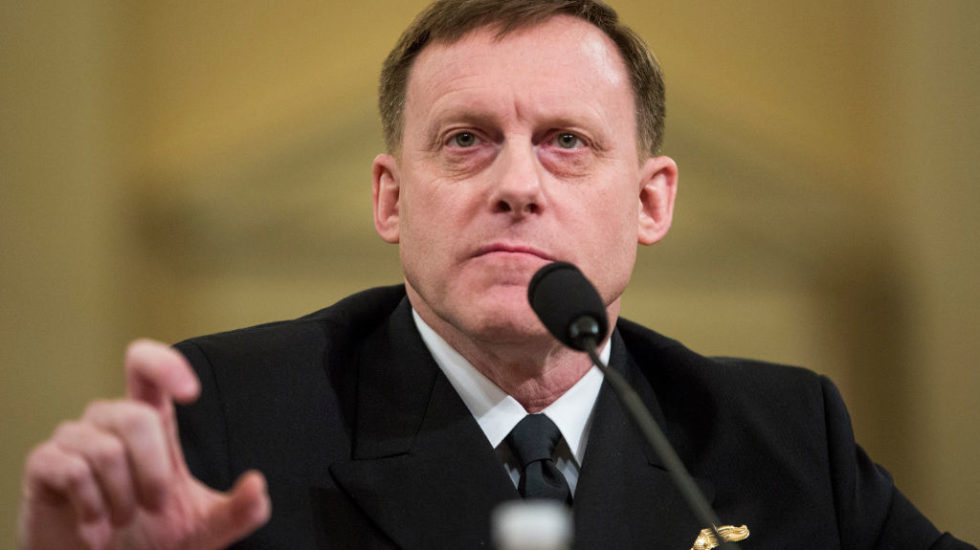Someone has to ask, what the hell is going on? The experts in charge of stopping another cyber attack from Russia need direction from the White House. Donald Trump is not giving it. Apparently, he’s not doing much of anything.
It began earlier today when Admiral Mike Rogers, director of the National Security Agency appeared before the Senate Armed Services Committee in his capacity as head of U.S. Cyber Command. He was asked about Russia, and U.S. efforts to prevent further attacks against our elections.
With the hugely consequential 2018 midterms little more than eight months away, “clearly what we’ve done hasn’t been enough,” Rogers said.
And what might this inaction mean?
“Everything—both as a director of NSA and what I see on the Cyber Command side—leads me to believe that if we don’t change the dynamic here, this is going to continue. And 2016 won’t be viewed as something isolated—this is something that will be sustained over time.”
Nothing to see here, folks, just our democratic foundations under sustained attack from a strategic rival—and the head of the agency best equipped to deal with it sounding the alarm that our lackluster reaction is giving the Russians a green light.
“I believe,” Rogers testified, “that President Putin has clearly come to the conclusion that there’s little price to pay here…and that therefore I can continue this activity.”
The question of whether any in the Trump campaign colluded with Russian interference in the 2016 election is such an explosive one that it’s at times obscured the massive headline at its core:
Russia actively interfered with the 2016 election.
For this, it has paid no discernible price, aside from the sanctions levied by President Obama in early 2017.
Russia spread fake news stories aimed at boosting the campaign of Donald Trump and hurting the campaign of Hillary Clinton. Russia hacked the emails of the Democratic National Committee and Clinton Campaign Chair John Podesta. Russia hacked into the back-end election systems of at least 21 states.
About this, the U.S. intelligence community speaks with one voice. Special Counsel Robert Mueller has brought 13 indictments against Russian nationals with specific allegations to this effect. Those indictments bear the imprimatur of the U.S. Department of Justice, to which Mueller reports.
Will they do it again?
Director of National Intelligence Daniel Coats, who bears bottom-line responsibility for the nation’s 17 intelligence agencies, thinks so. Earlier this month he told the Senate Intelligence Committee, “There should be no doubt that Russia perceives its past efforts as successful and views the 2018 midterm elections as a potential target for Russian influence operations.”
At that same Senate committee hearing, Mike Pompeo, director of the CIA, agreed. As did FBI Director Christopher Wray, who added that he was “not specifically directed by the president” to counter Russian interference.
Tuesday’s testimony by Admiral Rogers bore an echo of Wray’s comment, as he told the committee, “I’ve never been given any specific direction to take additional steps outside my [standing] authority.”
It seems clear—“No doubt” are the words DNI Coates used—that Russia plans to interfere with the 2018 elections. So why does President Trump, the beneficiary of Russian meddling in 2016, a frequent doubter of Russia’s role in the attacks, and a potential target of Mueller’s investigation…seem to be doing next to nothing to stop them?



